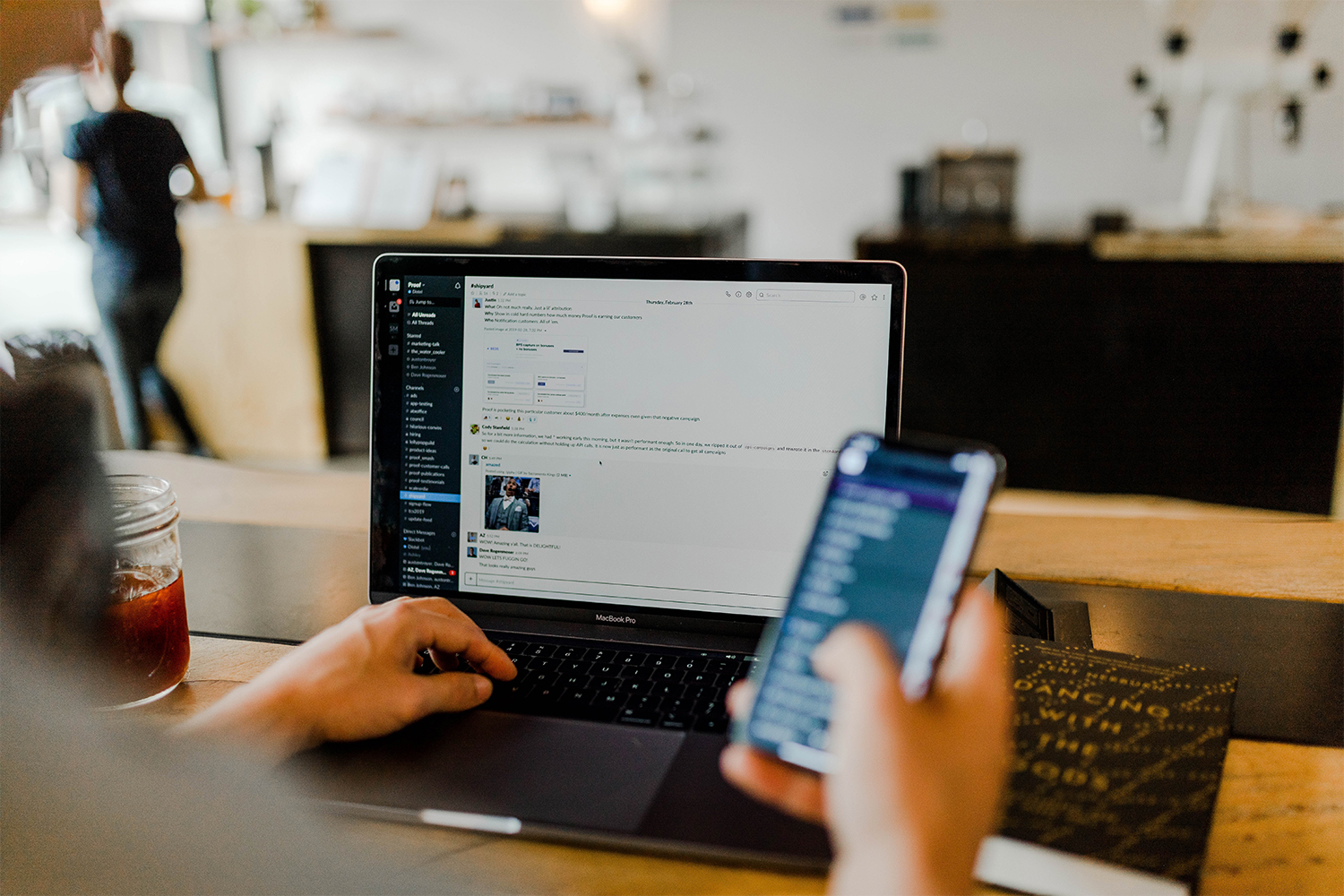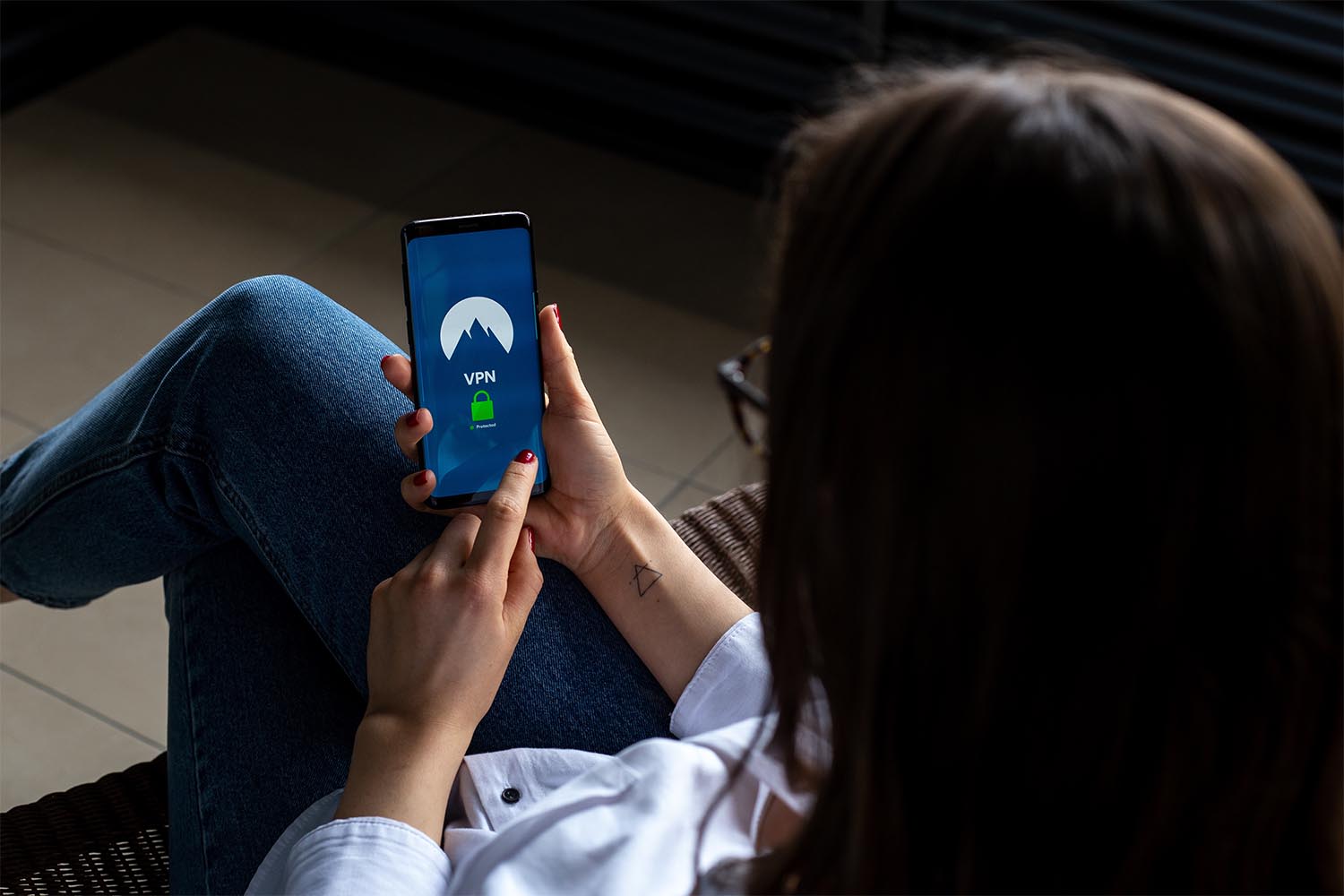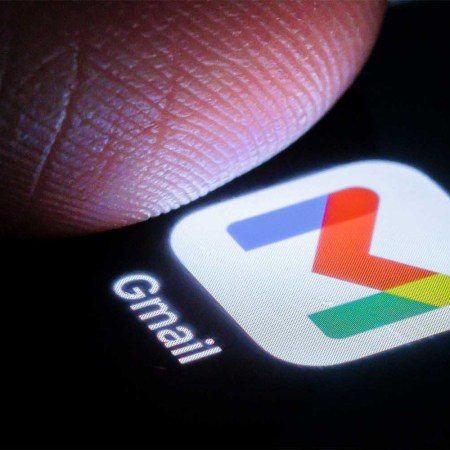Tucked into Gizmodo’s latest piece on Texas Attorney General Ken Paxton — who is extremely litigious, under indictment and an election denier, but who also apparently really distrusts Google — is a rather thorough breakdown of what “Incognito” mode is on your web browser.
You might think using Chrome’s Incognito option allows you to browse the web with total anonymity and impunity. In reality, you’re basically just hiding your search history from someone else who’s using the same computer.
“Your private browsing mode only blocks your own browser from recording your traffic and it doesn’t hide your IP,” Nord Virtual Private Network’s Daniel Markuson writes. “It doesn’t encrypt or route your traffic via remote server the way a VPN does. It only erases your browsing history, deletes cookies when you close the browser, and removes the data you enter in online forms. Your ISP, your employer, websites, search engines, governments and other third-party snoopers can still collect your data and track your IP address.”
Gizmodo brings up other research as well: In a 2018 study, 56.3% of participants believed Incognito prevented Google from seeing their search history, 37% thought Incognito could prevent their employer from tracking them and a smaller number thought it protected them from malware. It does none of those things.
Mind you, this criticism applies to Chrome’s Incognito mode (and Google is getting sued over this, not just by Texas). As noted by Electronic Frontier Foundation Staff technologist Bennett Cyphers, private browsing in Firefox or Safari offers a somewhat better experience. “Google offers a pretty decent, dumb way to protect your privacy but it’s not very sophisticated and misses a lot of ways trackers can still collect data and will break functionality on sites that don’t have to be broken if they would have taken a more targeted and sophisticated privacy-protecting approach,” he told Gizmodo.
So, to repeat: Incognito doesn’t do much except obscure your search history. Google offers a pretty broad definition of what private browsing can and cannot do, and the activity and info that still or “might” be visible is pretty long: For example, “A web service, website, search engine or provider may be able to see: Your IP address, which can be used to identify the general area you’re in; Your activity when you use a web service; Your identity if you sign in to a web service, like Gmail.” Oh, and your online activity might remain visible to everything from “websites you visit” or sign in to, to your employer, school, internet service provider and search engine. It doesn’t even work that well if you’re trying to, say, get an extra free article from the New York Times.
If you truly want online protection? Try a VPN … although recognize that virtual private networks have their own issues.
Hotel Internet Has Security Issues. There’s a Very Easy Way to Avoid Them.
The most important piece of travel gear you can own in 2021 is a piece of smartphone softwareThe 7 Reasons You Need a Virtual Private Network, Stat
Online privacy, data security and unexpected bargains awaitIf You Downloaded an Ad Blocker or VPN From This Company, Your Data Isn’t Secure
A BuzzFeed News report calls out Sensor Tower for “secretly harvesting” user dataThanks for reading InsideHook. Sign up for our daily newsletter and be in the know.
















